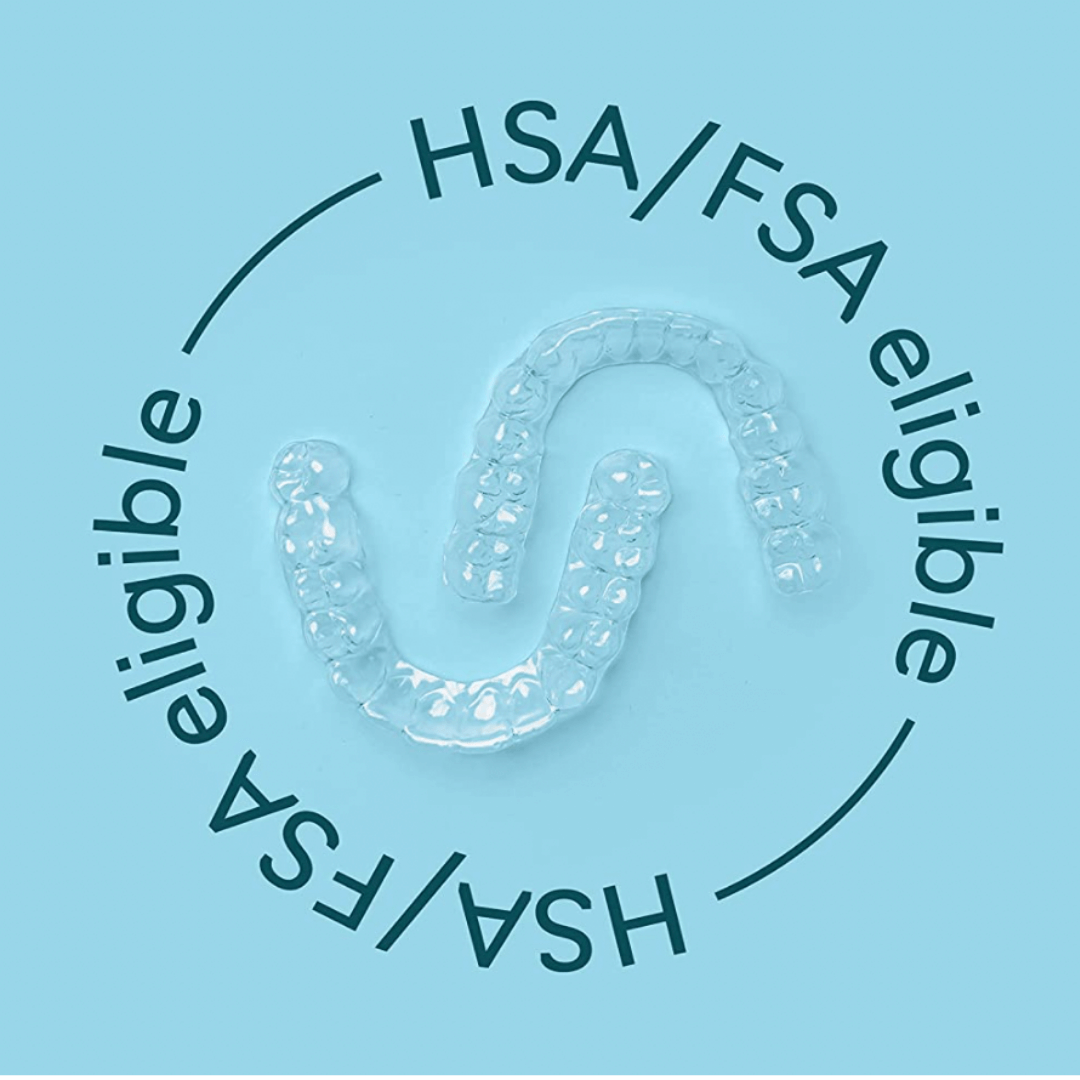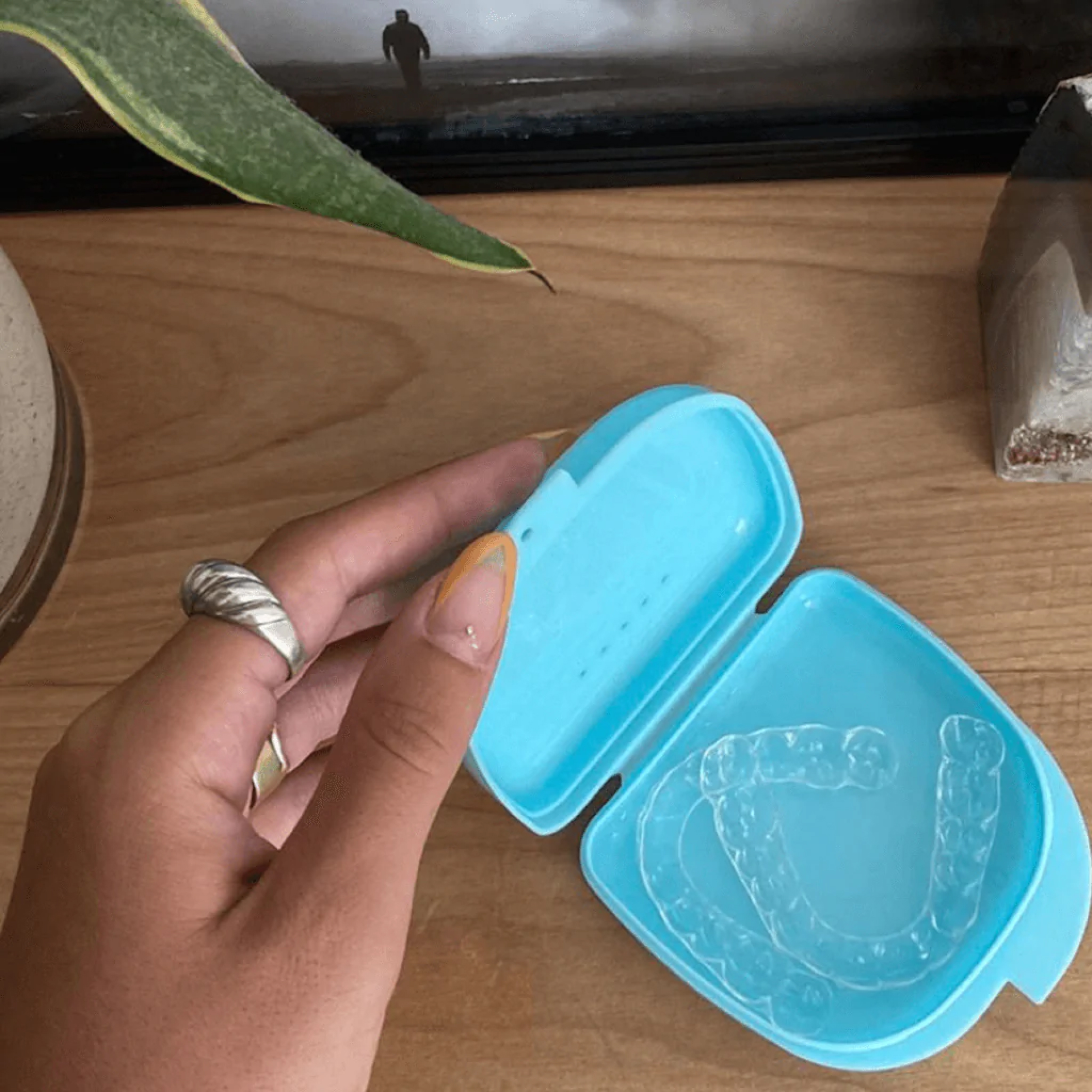Custom Night Guard for Teeth Grinding: How to Find the Right Fit
Teeth grinding, also known as bruxism, is a common issue that affects many people during their sleep. A custom night guard can be an excellent solution to protect your teeth from the long-term effects of grinding. In this article, we will discuss the different types of night guards available on the market, how to choose the right one for you, and the process of getting a custom fit.
Understanding Teeth Grinding and Its Effects
Teeth grinding is a condition that impacts many individuals, often without them realizing it. It's crucial to understand what bruxism is, its causes, and the potential effects on your dental health.
What is Teeth Grinding (Bruxism)?
Teeth grinding, or bruxism, is an unconscious habit where a person clenches or grinds their teeth, usually during sleep. It is typically an involuntary action, and many people are not even aware that they are doing it until they experience dental issues or their partner notices the grinding sound.
Causes of Teeth Grinding
There are several factors that can contribute to teeth grinding, including stress, anxiety, sleep disorders, or abnormal tooth alignment. Bruxism can also be a side effect of certain medications and a result of lifestyle factors such as alcohol consumption or smoking.
Stress and anxiety are common causes of teeth grinding. When a person is under a lot of pressure, they may clench their jaw and grind their teeth without even realizing it. This can lead to a vicious cycle where the stress causes teeth grinding, and the teeth grinding causes more stress due to dental issues.
Sleep disorders such as sleep apnea can also contribute to teeth grinding. When a person's breathing is interrupted during sleep, they may clench their jaw and grind their teeth as a way to keep their airway open.
Abnormal tooth alignment can also lead to teeth grinding. When a person's teeth do not fit together correctly, they may grind their teeth as a way to try and find a comfortable position.
Symptoms and Long-term Effects of Teeth Grinding
Teeth grinding can lead to a variety of symptoms, such as a sore jaw, headaches, tooth sensitivity, and disrupted sleep. The long-term effects of untreated bruxism include tooth enamel erosion, cracked or fractured teeth, and temporomandibular joint (TMJ) issues. Using a night guard can help alleviate the pressure on your teeth and protect them from the harmful effects of grinding.
When teeth grinding is left untreated, it can lead to more severe dental issues. The constant pressure on the teeth can cause the enamel to wear away, leaving the teeth vulnerable to decay and cavities. In severe cases, teeth grinding can even lead to tooth loss.
Bruxism can also cause damage to the temporomandibular joint (TMJ), which connects the jawbone to the skull. This can lead to pain and discomfort in the jaw, difficulty opening and closing the mouth, and even lockjaw.
It's essential to seek treatment for teeth grinding as soon as possible to prevent long-term damage to your dental health.
Types of Night Guards for Teeth Grinding
Teeth grinding, also known as bruxism, is a common dental condition that affects millions of people worldwide. If left untreated, it can lead to severe dental problems such as tooth damage, jaw pain, and headaches. Fortunately, wearing a night guard while sleeping can help protect your teeth and alleviate the symptoms of bruxism. There are three main types of night guards available on the market, each with its benefits and drawbacks. Understanding the differences between them will help you make an informed decision when choosing the best one for you.
Soft Night Guards
Soft night guards are made from a pliable material designed to provide a comfortable fit. They are ideal for individuals with mild to moderate teeth grinding. The soft material molds to the teeth and gums, providing cushioning and protection against grinding forces. However, because of their softness, they may not hold up as well for those with severe bruxism and could wear out more quickly. Soft night guards are also more prone to bacteria buildup, which can lead to oral health issues.
If you opt for a soft night guard, it's essential to clean it thoroughly after each use. You can use a toothbrush and toothpaste or a denture cleaner to remove any bacteria or debris that may have accumulated on the surface. Additionally, replace your soft night guard regularly to ensure it provides adequate protection for your teeth.
Dual Laminate Night Guards
Dual laminate night guards feature a soft inner layer for comfort and a rigid outer layer for durability. They can be an excellent choice for people experiencing moderate to severe teeth grinding since they offer a balance of comfort and protection. The soft inner layer molds to the teeth and gums, while the hard outer layer provides a sturdy barrier against grinding forces. Additionally, they tend to last longer than soft night guards.
Dual laminate night guards are easy to clean and maintain. You can use a toothbrush and toothpaste or a denture cleaner to remove any bacteria or debris that may have accumulated on the surface. However, they may not be as comfortable as soft night guards, particularly for people with sensitive teeth or gums.
Hard Night Guards
Hard night guards are made of a durable acrylic material, making them the most robust option. They are suitable for individuals with severe bruxism or with TMJ disorders. Although they may be uncomfortable at the beginning, hard night guards provide the highest level of protection for your teeth and tend to have a longer lifespan.
Hard night guards are easy to clean and maintain. You can use a toothbrush and toothpaste or a denture cleaner to remove any bacteria or debris that may have accumulated on the surface. However, they may not be as comfortable as soft or dual laminate night guards, particularly for people with sensitive teeth or gums. If you opt for a hard night guard, it's essential to follow the manufacturer's instructions carefully to ensure a proper fit.
In conclusion, choosing the right type of night guard depends on your individual needs and preferences. Soft night guards are ideal for mild to moderate teeth grinding, while dual laminate night guards offer a balance of comfort and protection. Hard night guards are the most durable and suitable for severe bruxism or TMJ disorders. Consult with your dentist to determine the best option for you and maintain good oral hygiene to ensure optimal dental health.
How to Choose the Right Night Guard for You
When selecting the best night guard for you, it's critical to assess the severity of your teeth grinding, consider your comfort preferences, and consult with your dentist for professional guidance.
Assessing the Severity of Your Teeth Grinding
Before choosing a night guard, determine the severity of your teeth grinding. If your bruxism is mild or moderate, a soft or dual laminate guard might be sufficient. However, if you experience severe grinding or have TMJ issues, a hard night guard may be a better fit.
Considering Your Comfort and Fit Preferences
Comfort is essential when selecting a night guard, as you'll be wearing it for extended periods. Consider your preferences – some people may find a softer material more comfortable, while others might prefer a more rigid night guard. It's crucial to select one that you feel good about wearing every night.
Consulting with Your Dentist
Your dentist is an invaluable resource when choosing the appropriate night guard. They can assess your dental situation, provide personalized advice, and potentially recommend a specific brand or type of guard that would work best for your needs.
Custom Night Guard Fitting Process
Once you've selected the right night guard, it's time to get it custom fitted to ensure maximum comfort and effectiveness.
Dental Impressions and Molds
The first step in creating a custom-fit night guard involves taking dental impressions. Your dentist will have you bite into a mold material to create a replica of your teeth. This impression is then sent to a lab where the night guard is specially crafted to fit your mouth perfectly.
Adjusting the Night Guard for a Perfect Fit
After receiving your custom night guard, your dentist will ensure it fits securely and comfortably. They may make minor adjustments on the spot or recommend you wear it for a few nights and report any discomfort. It's crucial to have a perfect fit, as an ill-fitting night guard can be ineffective or even harmful to your teeth and jaw.
Caring for Your Custom Night Guard
To extend the lifespan of your night guard, clean it regularly with a soft toothbrush and cool water or a specialized cleaner. Store it in a case when you're not using it, and avoid exposing it to heat or direct sunlight. Remember to bring it to your dental checkups, so your dentist can monitor its effectiveness and make timely adjustments if needed.
Investing in a custom night guard to protect your teeth from grinding is a wise decision for those suffering from bruxism. Understanding the different types of night guards, selecting the one that best suits your needs, and ensuring a proper fit will help safeguard your dental health and bring you peace of mind.




